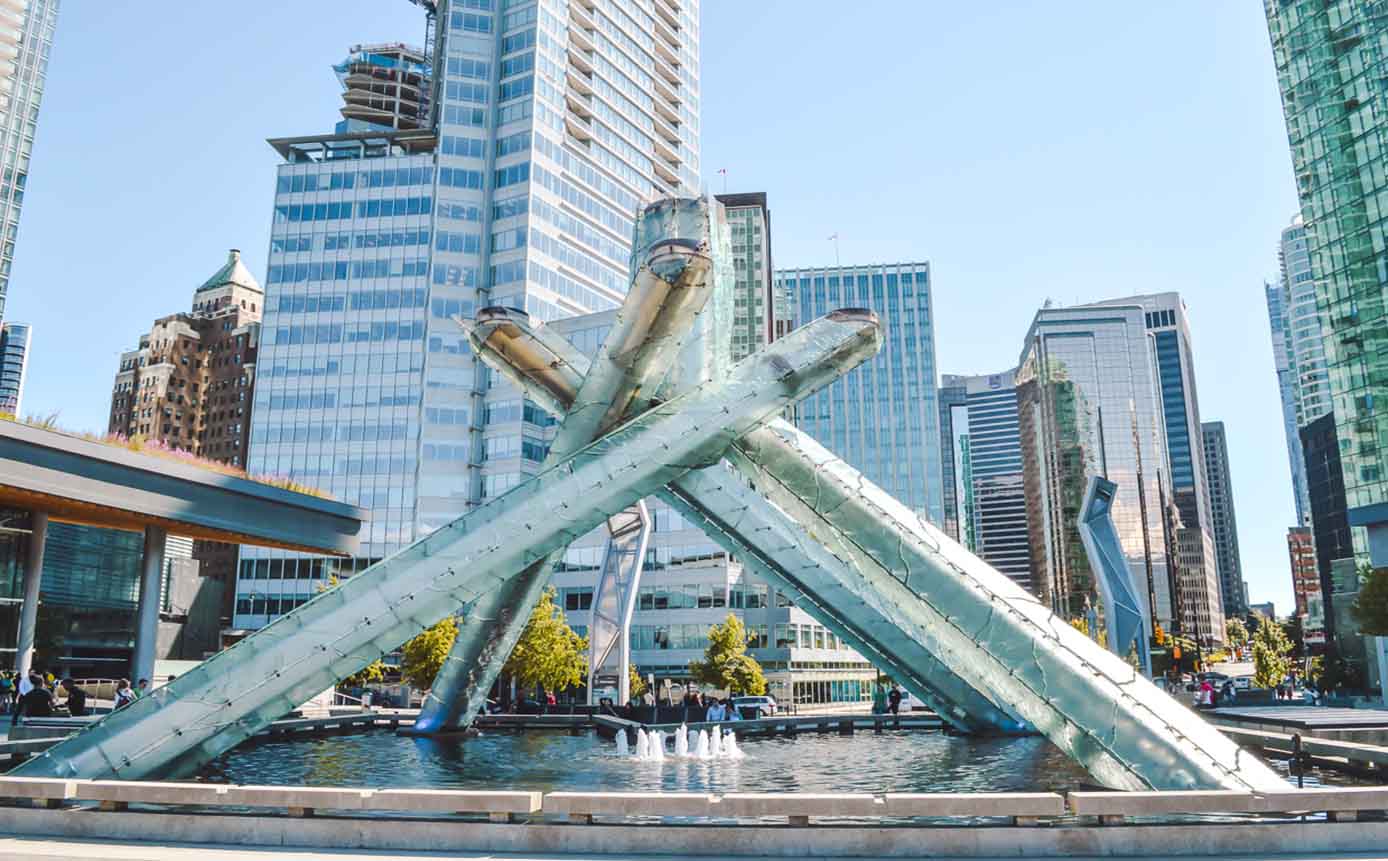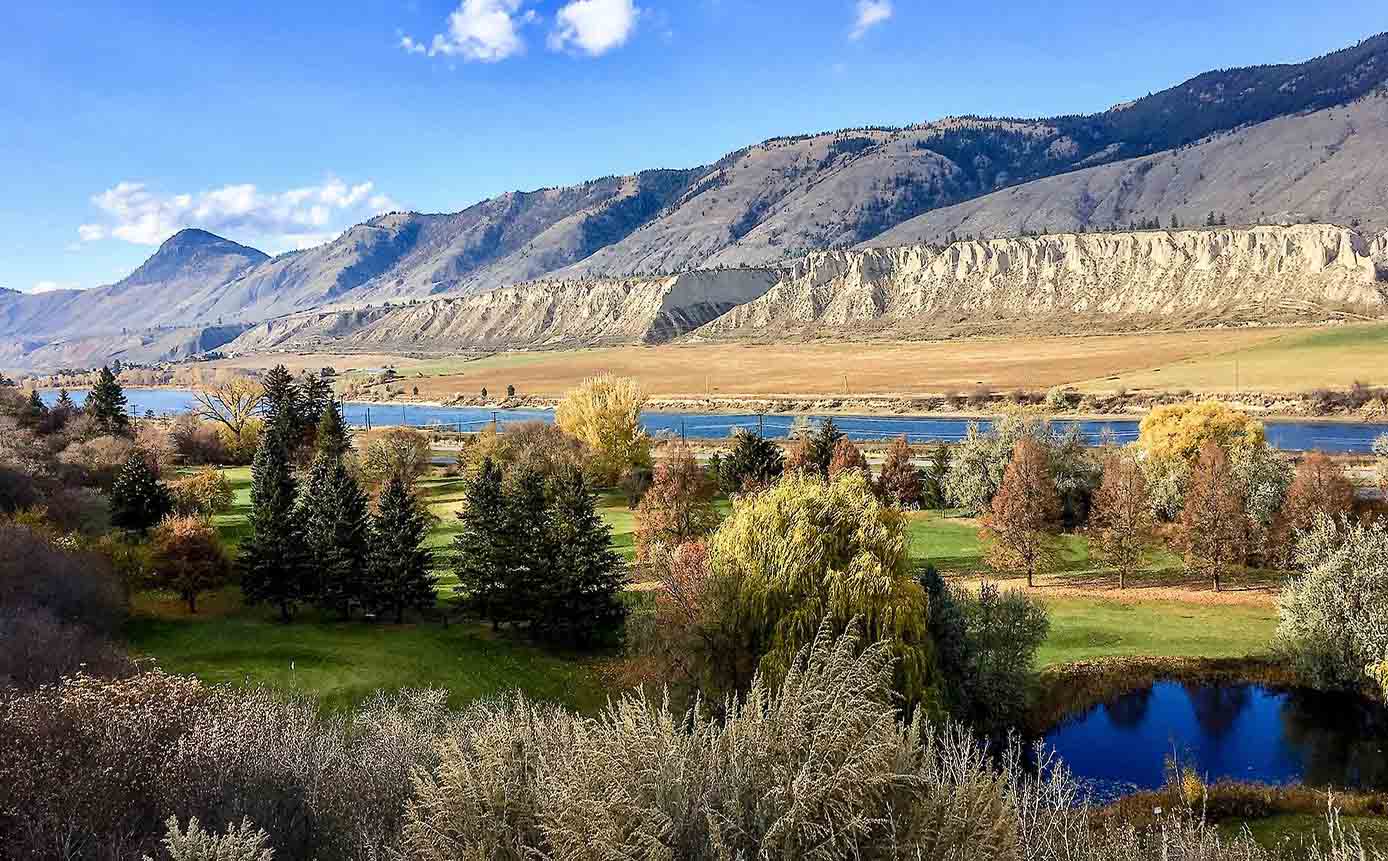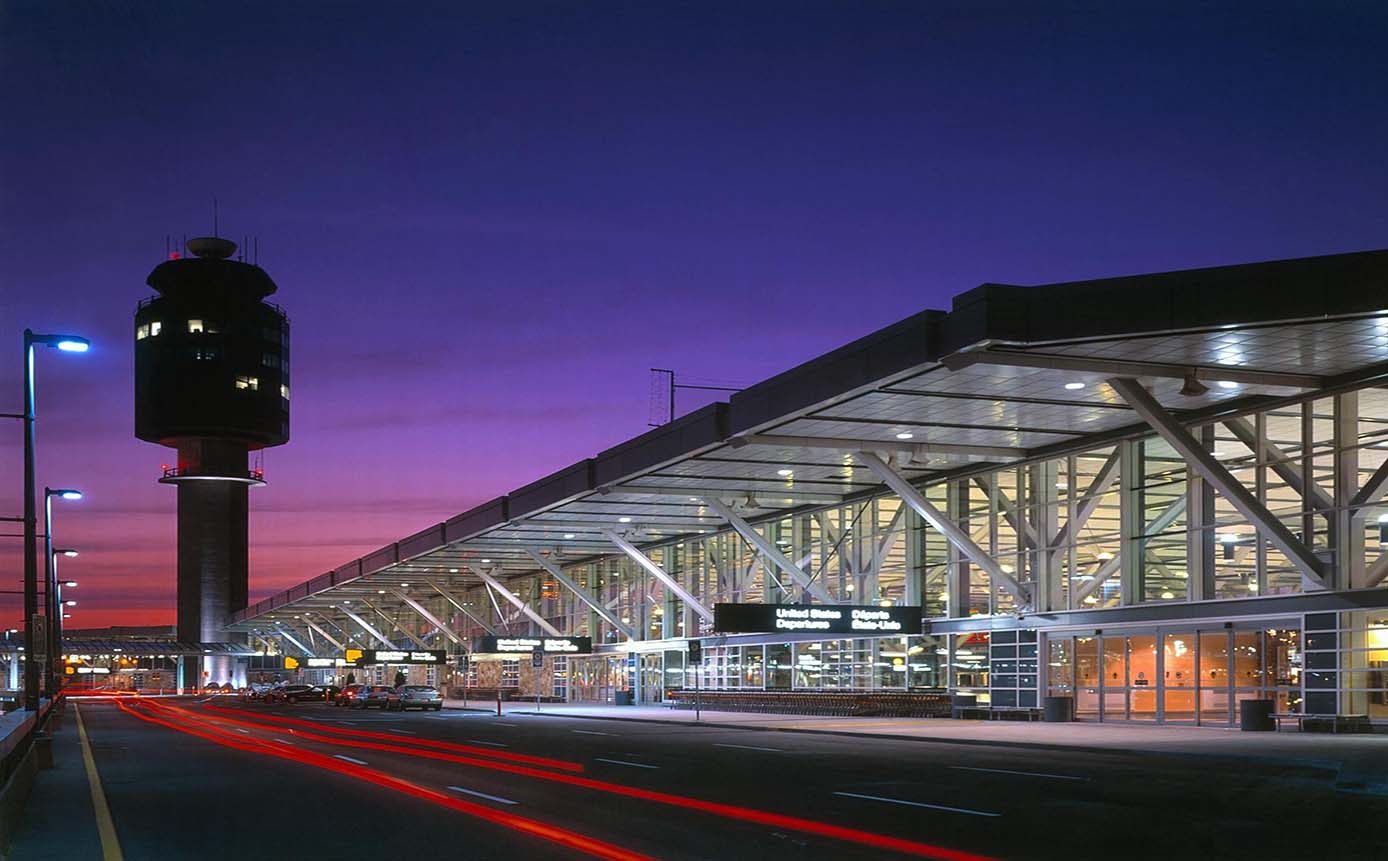The first time I visited Vancouver, I was mesmerized by the blend of mountains, ocean, and city life. But, traveling on a moderate budget, I quickly realized that this city can be pricey if you don’t plan carefully. From hotel rates to dining, attractions, and transportation, costs can add up fast. Over several trips, I’ve learned how to enjoy Vancouver fully without overspending—finding ways to experience the beauty and culture of the city while keeping my wallet happy.
In this guide, I want to share ten practical strategies that helped me save money, plus tips on booking platforms that offer the best deals. Each of these tips is based on real experiences, often involving trial and error, and I hope they help first-time visitors get the most out of their Vancouver trip.
1. Book Flights Early and Compare Widely
Airfare can make or break a trip budget, especially when visiting Vancouver. I learned this the hard way during my first trip from Toronto. I had waited too long to book, thinking I could decide later, only to discover that last-minute tickets were nearly double the price I could have gotten if I had booked a few months earlier. That experience taught me the importance of planning ahead and being strategic with flight searches. Vancouver is a popular destination, and prices fluctuate depending on the season, day of the week, and even the time of day.
My Approach
Whenever I plan a trip, I start by comparing flights on Google Flights and Skyscanner. These platforms allow me to view multiple airlines at once, check flexible dates, and set up price alerts so I know immediately when fares drop. For example, on one trip from Montreal to Vancouver, I monitored prices for several weeks and managed to book a round-trip ticket for CAD \$320 about six weeks in advance—a significant saving compared to the last-minute options that were approaching CAD \$600. I also like that Google Flights gives a visual overview of cheaper days to fly, helping me plan not only the departure date but also the return date to maximize savings.
Personal Insight
Flexibility is key when booking flights. I’ve found that flying mid-week, such as on a Tuesday or Wednesday, often saves hundreds of dollars compared to weekend departures. Traveling outside peak tourist seasons—like late September or early May—can also reduce costs while offering more comfortable crowds at major attractions. When traveling with family, I frequently check Expedia.ca, because they sometimes offer bundled packages that include flights and hotels, providing both convenience and additional savings. These bundles can be particularly valuable for families, as they simplify planning and often include free cancellations or flexible changes, which is crucial when coordinating schedules with kids.
Booking early and comparing widely isn’t just about saving money—it also reduces stress. I’ve had trips where securing the right flight months in advance meant arriving at a comfortable time, avoiding overnight layovers, and even scoring better seat options for my family. In Vancouver, where flights are in high demand during summer, this strategy has allowed me to travel confidently without the anxiety of last-minute pricing or limited seat availability.
2. Choose Accommodation Wisely
Vancouver has a wide range of hotels, hostels, and Airbnb options. I’ve learned that location, amenities, and timing can dramatically impact cost.
Budget-Friendly Options
I’ve had great experiences staying at Sutton Place Hotel downtown via Hotels.com, using early booking discounts. For longer stays, Airbnb Canada is ideal—I’ve rented spacious apartments near Kitsilano Beach, which gave my family kitchen access and eliminated the need for pricey restaurant meals every night. These apartments often have laundry facilities, which is invaluable for families traveling with children, saving both money and time.
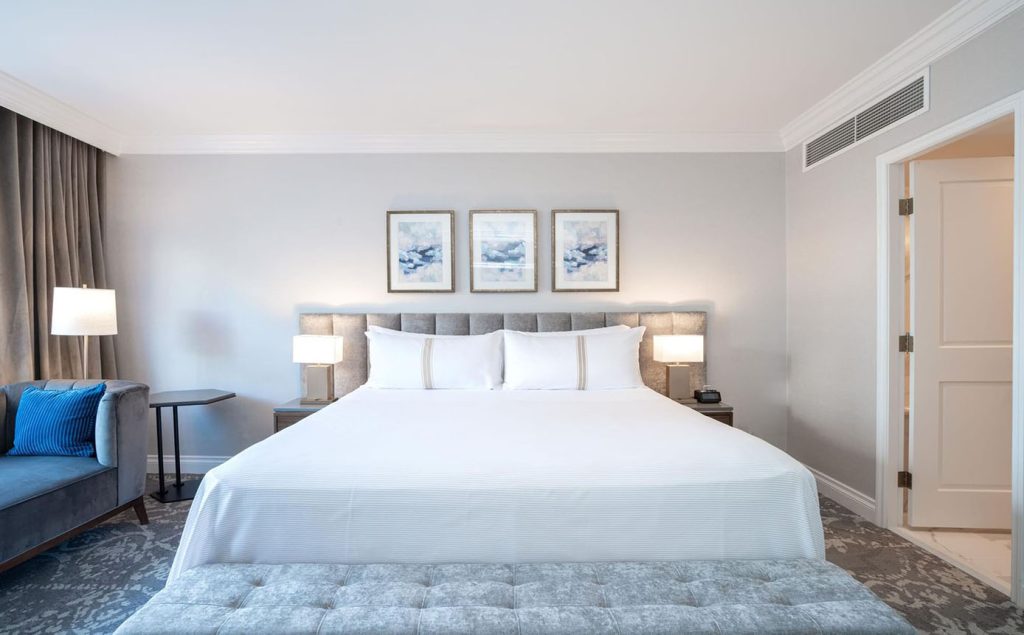
Tips
- Book in advance for summer stays; rates rise sharply in July and August.
- Consider hotels slightly outside downtown but near SkyTrain stations to save on lodging while staying accessible.
- Look for Booking.com “free cancellation” options—they allow flexibility if prices drop later.
Choosing the right accommodation also affects the entire travel experience. I’ve found that staying near transit or within walking distance to attractions reduces transportation costs and maximizes sightseeing time. For instance, staying near the waterfront meant we could walk to Stanley Park or the Seawall, skipping taxis or ride-share fees. Early planning, combined with smart platform use, ensures not only a lower cost but also a smoother, more enjoyable trip.
3. Use Public Transit Instead of Taxis
Vancouver’s public transit system is reliable, affordable, and easy to navigate. The Canada Line SkyTrain from YVR to downtown costs CAD \$9.75 for adults, and children under 12 ride free with an adult.
My Experience
I first tried taxis from the airport to downtown and spent nearly CAD \$50. On my next trip, I used the SkyTrain and spent under CAD \$10 per person, and it was faster than waiting in taxi lines.
Money-Saving Tip
Purchase a Compass Card for unlimited daily or multi-day travel. It works for buses, SkyTrain, and SeaBus ferries. I’ve found that a two-day pass can cover most sightseeing trips downtown, Stanley Park, and Granville Island efficiently.
4. Take Advantage of Free Attractions
Vancouver offers numerous world-class attractions that don’t cost a dime. I’ve spent entire days exploring without opening my wallet.
Favorites
- Stanley Park Seawall: Walking or biking this 9 km loop offers ocean views, totem poles, and beaches for free.
- Granville Island Public Market: While I often buy snacks, strolling and exploring artisan shops costs nothing.
- Queen Elizabeth Park: Beautiful gardens and free public spaces.
Personal Experience
One sunny afternoon, I spent hours wandering Stanley Park with a packed picnic. Watching kids play at the playgrounds and spotting seals near Coal Harbour felt just as magical as visiting paid attractions.
5. Opt for Combo or City Passes
For first-time visitors, city passes are a lifesaver for cost and convenience.
Examples
- Vancouver Attraction Pass or Go Vancouver Card: Bundles include Science World, FlyOver Canada, Capilano Suspension Bridge, and more.
- I booked mine through GetYourGuide, which offered discounts up to 30% off individual tickets.
Personal Insight
With the pass, I visited Science World and the aquarium in one day without worrying about individual ticket costs. It also made planning easier—no need to queue for each attraction separately.
6. Eat Smart and Enjoy Local Flavors
Food can be a major expense in Vancouver, but I’ve learned how to balance quality and cost.
My Approach
- Lunch Specials: Many restaurants offer lunch deals, which are cheaper than dinner. I found fantastic sushi at Miku Downtown, reserving a table via OpenTable.
- Food Trucks: Vancouver’s food trucks are everywhere—tacos, ramen, and gourmet sandwiches often cost CAD \$8–\$12. I loved grabbing a quick lunch near English Bay.
- Picnics: I frequently buy fresh produce from Granville Island Public Market and enjoy meals in Stanley Park or Kitsilano Beach.
Tips
Avoid high tourist areas for dinner; check Yelp Reservations for hidden gems that locals frequent. This approach saves money and gives a more authentic experience.
7. Rent Bikes Instead of Paying for Tours
Vancouver is a bike-friendly city. Renting bikes is often cheaper than booking guided tours and allows flexibility.
My Experience
I rented from Spokes Bike Rentals, paying CAD \$40/day. With tandem trailers for kids, we rode around Stanley Park, English Bay, and the seawall. It was one of the best ways to experience the city without spending on expensive excursions.
Tip
Plan routes ahead and include stops at free sights for a balance of activity and relaxation. Bikes also double as a cost-saving alternative to taxis or ride-share for short trips.
8. Take Advantage of Off-Peak Seasons
Traveling outside peak months saves on everything—flights, hotels, and attractions.
Personal Insight
Visiting Vancouver in May, I found hotel rates 20–30% lower than July. Attractions were less crowded, and public transit was more relaxed. Springtime also offers beautiful weather without the tourist surge, allowing for leisurely exploration of parks and neighborhoods.
Tip
Combine off-peak travel with flexible flight searches on Google Flights and Skyscanner to maximize savings.
9. Explore Neighborhoods on Foot
Walking is free and often more rewarding than spending on tours or taxis.
Favorites
- Gastown: Cobblestone streets, steam clock, and boutique shops.
- Main Street: Street art, cafés, and vintage stores.
- West End: Access to beaches and Stanley Park, all walkable from downtown hotels.
Personal Experience
I spent an afternoon strolling Gastown, snapping photos, stopping for iced coffee, and discovering hidden murals. It was cheaper than paying for a guided city tour and allowed me to explore at my own pace.
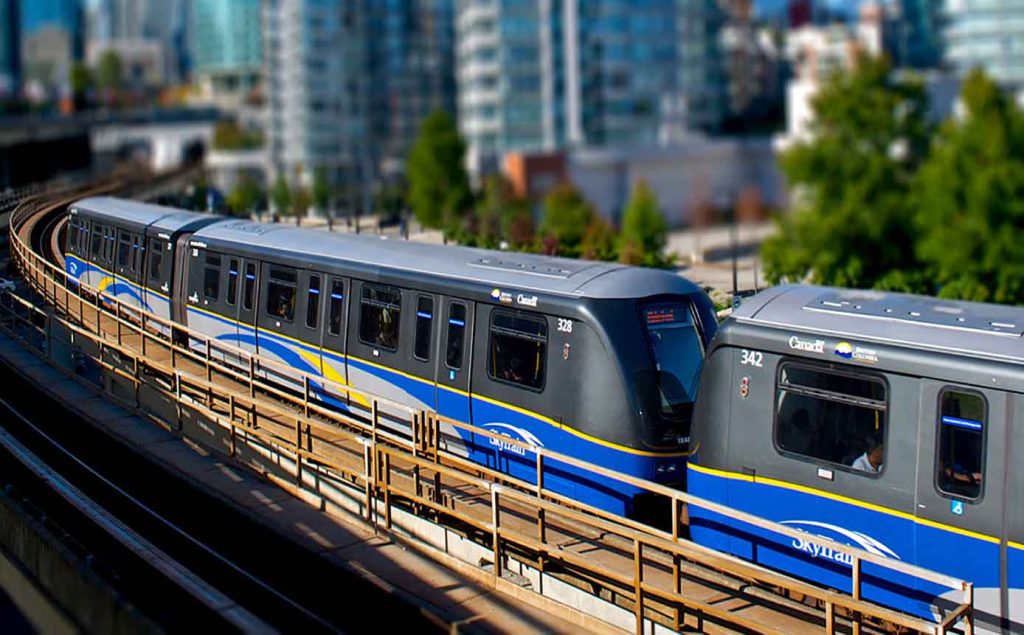
10. Plan Ahead and Use Booking Platforms
Careful planning reduces surprises and maximizes savings.
Recommended Platforms
- Flights: Google Flights, Skyscanner, Expedia.ca
- Hotels: Booking.com, Hotels.com, Airbnb Canada
- Restaurants: OpenTable, Yelp Reservations
- Attractions & Tickets: GetYourGuide, Viator, Klook
My Experience
By booking flights, hotels, and attraction passes in advance, I saved hundreds of dollars. I also cross-checked prices on multiple platforms to ensure I was getting the best deals.
Vancouver on a Budget
Over several visits, I realized that traveling to Vancouver on a budget is less about cutting corners and more about smart choices. Using public transit, exploring free attractions, taking advantage of city passes, and planning meals wisely transformed my experience. I could enjoy the beauty of Stanley Park, the excitement of Science World, and the flavors of Granville Island without overspending.
Even with a modest budget, Vancouver offers richness in experiences, breathtaking scenery, and family-friendly options. By using these strategies, first-time visitors can maximize value while immersing themselves fully in what the city has to offer.
Vancouver taught me that travel doesn’t have to be expensive to be unforgettable. Sometimes, the best memories come from thoughtful planning, simple pleasures, and the freedom to explore at your own pace.
